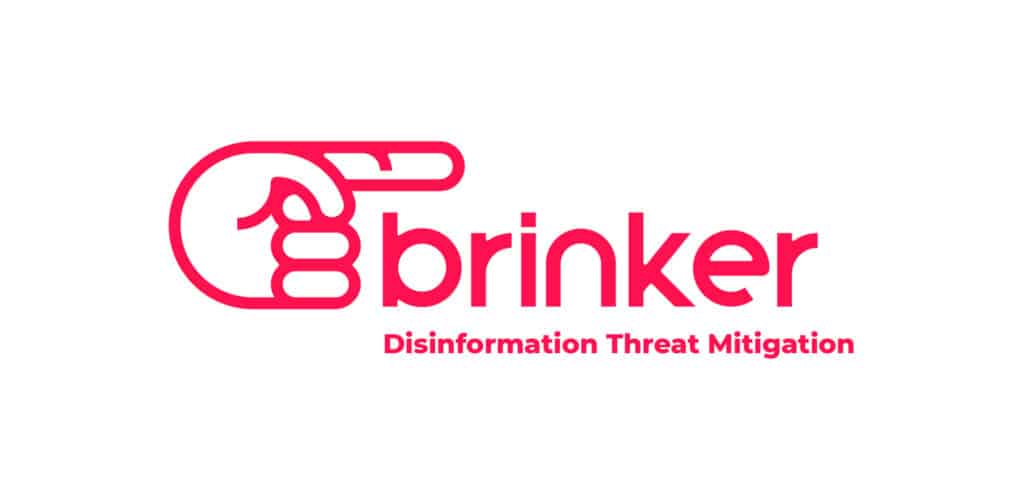The U.S. Department of Justice has acceded to requests from some large, technology firms, allowing them to post more specific information about government requests for data on their users, according to a report by The New York Times. In a statement released on Monday, Attorney General Eric Holder and James R. Clapper, the Director of National Intelligence, the new rules allowing some declassification followed a speech by President Obama calling for intelligence reform. “The administration is acting to allow more detailed disclosures about the number of national security orders and requests issued to communications providers, and the number of customer accounts targeted under those orders and requests including the underlying legal authorities,” the joint statement reads. “Through these new reporting methods, communications providers will be permitted to disclose more information than ever before to their customers.” [Read more Security Ledger coverage of the NSA surveillance story.] Previously, companies were prohibited from […]
Tag: FBI
Target Confirms Massive Breach – 40 million Credit Cards Affected
Black Friday just got a bit more black. Target Corp., one of the U.S.’s leading retail outfits, confirmed in a statement Thursday morning that reports of a massive breach of the company’s payment infrastructure, resulting in the exposure of data on an estimated 40 million credit and debit card accounts. The statement, released on Target’s website, follows media reports on Wednesday citing reports from leading credit card issuers. In it, the company confirmed “it is aware of unauthorized access to payment card data that may have impacted certain guests making credit and debit card purchases in its U.S. stores.” According to statements by Target, the credit card data was stolen between Nov. 27 and Dec. 15, 2013 and includes customer name, credit or debit card number, and the card’s expiration date and the CVV, or three-digit security code. Shoppers at the company’s U.S. stores were affected, but the breach did not affect Target’s Canadian […]
Bombshell: Adobe Says Massive Hack Netted Source Code, Customer Info
In what sounds like a worst-case scenario, Adobe Corp. admitted on Thursday that a massive breach of its corporate network resulted in the theft of information on close to three million customers and source code for two widely-used products: Adobe Acrobat, Acrobat Publisher, Cold Fusion and “other” as-yet undisclosed products. The news came in a string of announcements late Thursday on Adobe’s corporate blog as well as the news site Krebsonsecurity.com. The revelation came after Brian Krebs, the reporter behind that site, and Alex Holden, the Chief Security Officer of Hold Security, discovered what is described as “a massive 40 GB source code trove stashed on a server used by the same cyber criminals believed to have hacked into major data aggregators earlier this year, including LexisNexis, Dun & Bradstreet and Kroll.” After being informed of the find, Adobe investigated and acknowledged the theft. In a blog post by Chief […]
Is Jump In ToR Use Blowback From PRISM?
It’s ironic that government surveillance might push the public to embrace technology pioneered by the Department of Defense. But so it is: new metrics from The Tor Project show that use of the online anonymity service has exploded since early June: up more than 100 percent, from just over 500,000 global users to more than 1.2 million. Why the sudden surge in privacy conscious Internet users? It would be easy to connect the dots between revelations about the U.S. government’s omnibus data gathering program PRISM and the sudden desire of Internet users to sacrifice some speed and performance for the privilege of having their online doings passed through The Onion Router. Still, it’s not clear that this is the case. To be sure: growth is being seen across the board, not just in active users, but in the number of ToR clients running, the data suggests. There are steep increases […]
Privacy: From Right To Fight
As more and more of our public and private spaces are equipped with remote sensing and surveillance technology, personal privacy – at least as it has been understood for the last two or three centuries – is endangered. The solution, of course, is through improved privacy legislation and, perhaps, a more expansive reading of the U.S. Constitution’s 4th Amendment protecting against search and seizure. But, with policymakers in Washington D.C. stuck in a rut, and many EU nations as hooked on surveillance as the U.S., the onus falls to individuals to do what they can. That’s the subject of my latest column for ITWorld, where I talk about what is likely to be the next stage in our society’s rapid evolution on matters of privacy and security, what I’ve termed “The Jamming Wars.” Like other social movements, this will be fueled by a growing rift between the law and a […]






